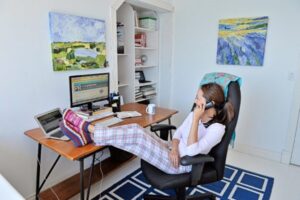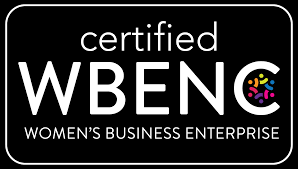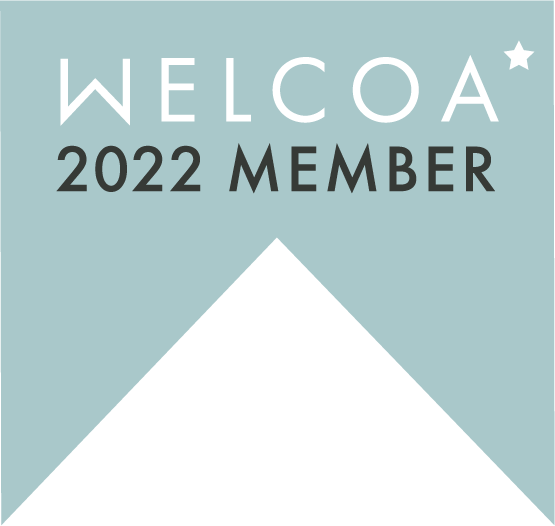
Pajamas and Pearls:
Insights on Workforce Resilience Out of Post-Pandemic Recovery
By Jeanne P. Hartig, RN
The new remote work and alternative hours options offered to more and more post-pandemic workers1 go beyond reduced commute times and relaxed requirements for 9-to-5 workdays. They allow employees to make choices that directly impact work, family, and everyday quality-of-life. As a result, workers are finding themselves free to choose what matters most and loving their jobs more than ever before.
If there is anything that the post-pandemic blended work life has taught us, it is that workforce wellness initiatives work. The most basic example of allowing workers to trade the old traditional workplace attire of pantyhose and heels or shirt and tie for a new “life happens, and we are all human” look is changing lives. The post-pandemic work attire of “pajamas and pearls” (or sweats, of course) for a Zoom meeting is fine, and it leads to a dedicated, hard-working, and resilient workforce that can step up to just about any challenge.
The new freedom of being able to work hard as a dedicated contributor to a job, and to also be present for our families/children/personal endeavors, has echoed what we have been trying to convey about the critical importance of workforce wellness initiatives for over 20 years. The unexpected outcome of employers shifting policy to allow workers to choose remote and alternative hours options has opened a new level of respect, acceptance, and allowance for simply being human2. And the result of the new trend of employers offering options to enrich work-life balance is an astounding upsurge in workforce resilience and wellbeing.
During the pandemic, there has been an increase in compromise from previously unbending employers to facilitate remote work. It was a necessity for many employers, with business taking a huge hit from the changed pandemic economy3. The new remote work structure forced the relaxation of formal standards with new acceptance of alternative work attire, homelife interruptions, technical glitches, and bad hair days.
The new acceptance of attending to home life, acceptance of all things human has made way for a higher priority of caring for self. As a workforce wellness provider, we see the numbers are revealing what we already knew. Biometric screenings for a cohort of workers screened in 2019, 2020 and 2021 showed revealing trends. From 2019 to 2020, there was an increase in health risks (A1c and BMI). For the same cohort, a marked tend of health improvement with the 2020 to 2021 screenings revealed a decline in these risk measures. Although the numbers have not yet reached the 2019 level, they are well on their way.
This outcome is critical for both employers and employees. The new trend is heading toward enhanced workforce health, wellbeing, and resilience for workforce populations. The key to grasping the unreachable golden ring of influencing costs associated with workforce health has been revealed to employers. It is just a matter of leaning beyond the traditional 9-5 carousel. And smart employers who know the importance of home-life balance, offering life enhancing choices and smiling at the new “pajamas and pearls” work attire are reaping the benefits all the way to the bank.
Resources
1 Holst, Arne. “Remote Work Frequency Before/after COVID-19 2020.” Statista, 3 July 2020, www.statista.com/statistics/1122987/change-in-remote-work-trends-after-covid-in-usa/.
2 “Children Interrupting Zoom Meetings Could Be the Reboot Corporate Culture Needed | Catharine Lumby.” The Guardian, 18 June 2020, www.theguardian.com/commentisfree/2020/jun/18/children-interrupting-zoom-meetings-could-be-the-reboot-corporate-culture-needed.
3 Simon, Ruth. “Covid-19’S Toll on U.S. Business? 200,000 Extra Closures in Pandemic’s First Year.” Wall Street Journal, 16 Apr. 2021, www.wsj.com/articles/covid-19s-toll-on-u-s-business-200-000-extra-closures-in-pandemics-first-year-11618580619.















